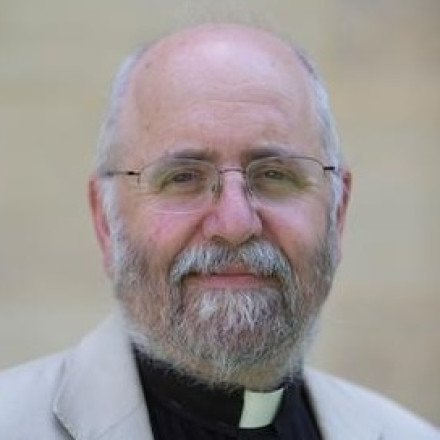ADDENDUM: Whither the Anglican Communion - as Bp Sarah Mullally is translated to Canterbury?
An update from Mark Chapman to his article in the autumn SEARCH (48.3). As Bishop of London, which is perhaps the most divided diocese in the Church of England, Sarah Mullally has shown deep respect and pastoral support for parishes and clergy that do not accept her sacramental ministry and has been able to work within the Five Guiding Principles that co-ordinate relationships between parishes of different theological persuasions. The initial response from the Church of England has been very positive. As she will be 64 when she begins her ministry the appointment is something of a caretaker role - bishops in the Church of England have to retire at 70 - and it is to be hoped that she will be able to help lessen some of the deep divisions from the later years of her predecessor. One issue that may come to haunt her is that there have been some challenging safeguarding incidents in her diocese in recent years, and some have criticised her for being too lenient with some of her senior clergy. But she has also shown an ability to listen carefully to survivors and victims and has been supportive of the need for full independence for the safeguarding processes. Internationally, she has already been criticised by GAFCON in a hostile statement because of her support for blessings for same-sex couples, even though she has continued to uphold the traditional doctrine of marriage. In a rather more respectful statement, the Global South Fellowship of Anglicans expressed a similar view. Both groups felt that the office could no longer function as an Instrument of Communion. In practice her position is no different from that of her predecessor, so nothing fundamental has changed. But it will be interesting to see how having a highly competent woman Archbishop of Canterbury who has already exercised senior leadership as the chief nurse in Britain will change the dynamics between the primates. Her appointment is also a reminder that if the Anglican Communion is to survive in some form it will need to be much looser and will need different structures, perhaps along the lines of the Nairobi-Cairo proposals.
* Full article available in printed copies.
